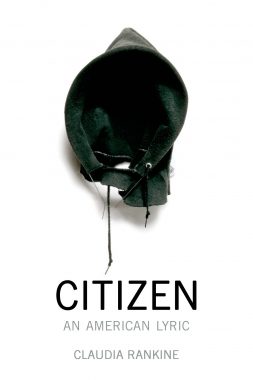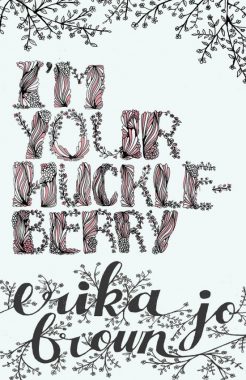It starts out cool, like steel
behind your neck, tickling your hairline
even before you hear the sound.
Then the brass bell clangs, your eyes open.
Iron gray skies, no horizon. The sea
is slate, still. What passes for light
weighs heavy on you. Pray for a light
wind. Your body wants the swell that bounced the steel
buoy, rang the brass bell. The Sargasso Sea
should be bright, if still. Gray lines
casting sharp shadows on the open
sails. Dolphins should play and sound
bright blue, teasing you (you are sound
asleep. This is a dream of ancestral light.
You’re no sailor). But here, the open
ocean is flat, unforgiving as the steel
fixing your keel. You’ll never reach the line
that may mean land, an end of sea.
It’s not dark. Just too dull to see
shapes. You remember the bell, its sound
nearby. Some cable, some line
fixes the bellbuoy here. Running lights
reveal nothing. Perched on the bow, grasping steel
cables, cold and sharp, that cut open
palms. Nothing. No island, no ice. Just open
water, closed sky. This ugly sea
is endless (even knowing you sleep you steel
yourself for cold disaster). The sound
of the bell fades. Then the sun falls flat, light
comes right at you from the west. A line
of white, sharp wavelets. Lines
of wind on water. Your eyes wide, lungs locked open
as if it were solid, as if you could breathe light.
The sun slips low, painting an edge of the sea
orange, briefly, then it’s gone. Soft sounds
of water slapping the dull. a creak of steel
cable. No stars. No lines. Even the sea
has vanished. You want to open your eyes. The sound
of an alarm. You wake, grabbing all the light your eyes can steal.
-Mark J. Mitchell
Originally published in The Missing Slate;
edited by Jacob Silkstone
To be able to work with the sea in poetry is a masterful achievement. The most basic touchstones of our lives are the most difficult to write about. It’s not just because the sea is full of flotsam and linguistic resonance. It’s because it is fundamental to life, source, ending and beginning. The sea carries with it the genesis of all life, the rhythm of the earth, and the mysteries and negotiations of what we can and cannot face. Mark J. Mitchell uses the sestina form with natural breaks between the flow of his words, with the incantatory, middle-space of dream informing the tide of his stanzas. The poet shares that he is “very fond of the sestina form, especially for dream work, since the changes on words and meanings lead you down very dream-like paths.” In this beautiful, fluid form, the work explores fullness and emptiness, and the inheritance we receive when we open ourselves to what we sense and what is truly there. Mark J.Mitchell has expanded his love of poetry into historical fiction about poets, with his novel Knight Prisoner exploring the relationship between poet François Villon and Sir Thomas Malory (available from Amazon). – RK
[author] [author_image timthumb=’on’]http://minotaursspotlight.com/wp-content/uploads/2013/08/rose_koch_133.jpg[/author_image] [author_info]Rosemarie Koch earned her MFA in Poetry from Arcadia University in 2013 – the culmination of a lifelong dream. For her, poetry is an art form that crosses all forms, and is also a great source of joy – both reading it and writing it. She has recited Hopkins’ “Windhover” at many poetic and non-poetic gatherings, regards William Blake and Emily Dickinson as close personal friends, and finds poetry in everything she hears and sees. Her work with Minotaur’s Spotlight is an extension of her love of verse. [/author_info] [/author]




